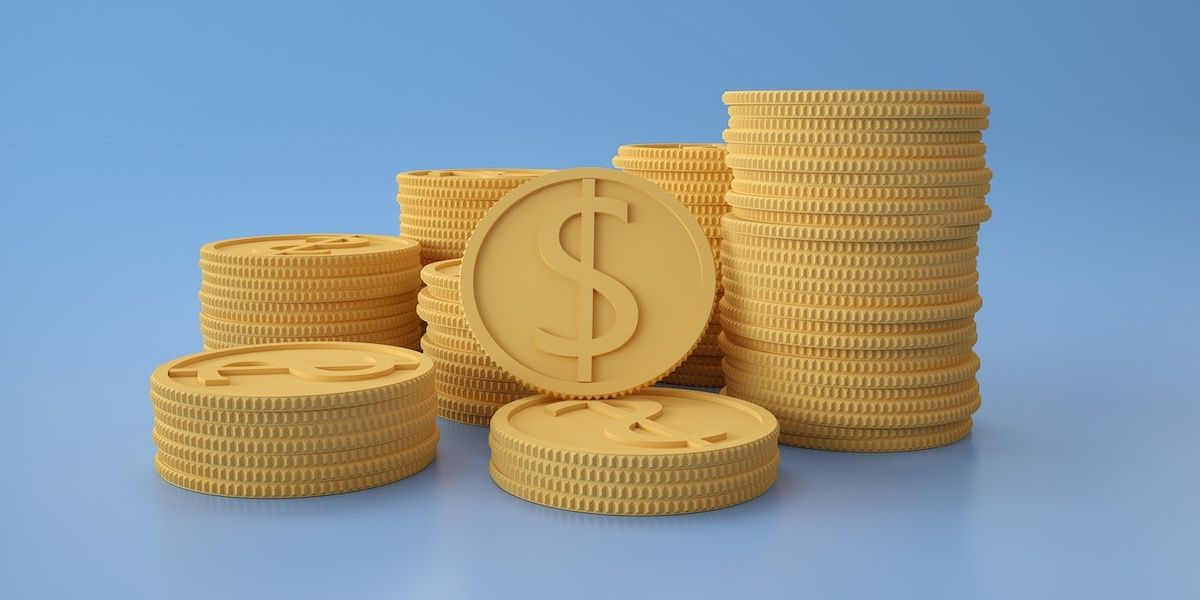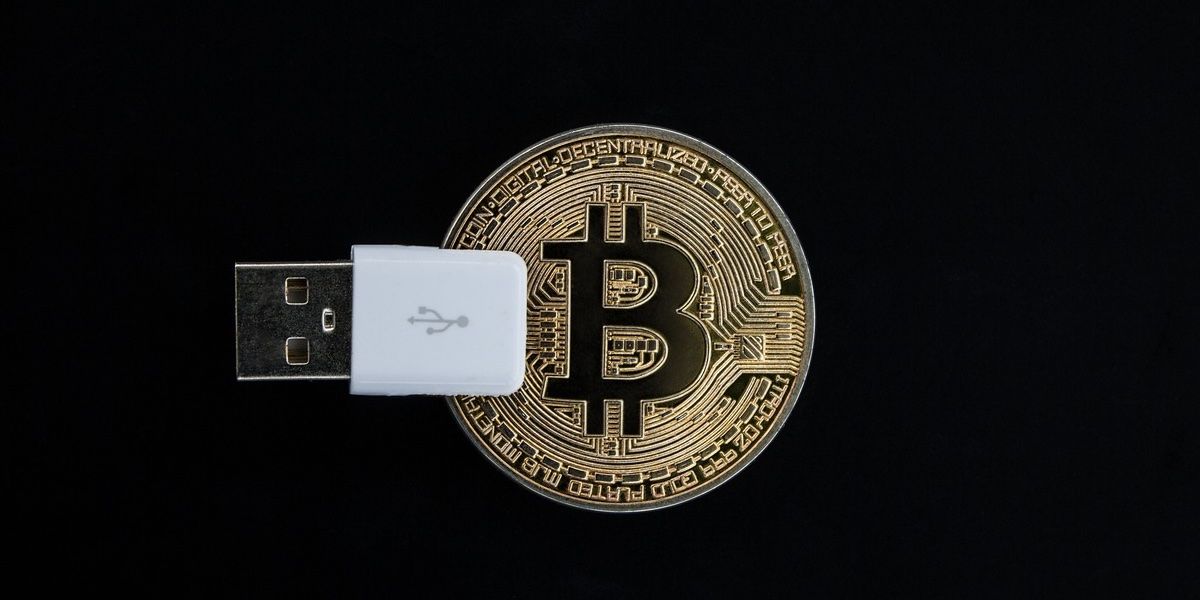The history of bank runs dates back to the advent of banks. The situation affects banking systems and other financial services that offer similar services. Crypto exchanges provide services similar to those provided by traditional banking systems, so they are not immune to the problem.
The widespread lack of regulation on exchanges makes it important to understand what crypto bank runs are and how to protect yourself against them. What then are bank runs, and how can you protect yourself from their adverse effects? You will get to know soon.
What Is a Bank Run?
A bank run occurs when customers withdraw their money from a financial institution for fear of losing their money in case the institution ceases its activities. As more people withdraw their funds, the likelihood that the institution will be unable to continue processing withdrawals rises, especially if the financial institution's reserve is insufficient to cover the withdrawal requests.
How Do Bank Runs Work?
Bank runs have occurred in different aspects of finance over time, but we rarely hear of them in traditional finance in recent times because measures have been put in place to curb such cases. Banks also typically have insurance and reserves to safeguard against any bad occurrences that can make them lose customers' funds.
A bank run occurs when customers collectively withdraw their funds from banks under the belief that the bank is at risk of becoming insolvent. It starts from a widespread fear that a financial system or institution is at risk of bankruptcy, usually triggered by a series of happenings. The customers then start to withdraw their money almost simultaneously, increasing the chance that the financial institution will go bankrupt.
The recent happenings in the crypto world have made bank runs slightly more pronounced. Many crypto investors began withdrawing their money due to fear, uncertainty, and doubt about crypto exchanges and cryptocurrencies, which was first triggered by the FTX crash.
After the FTX crash, many crypto investors started withdrawing their money from various exchanges for fear that crypto or other exchanges would crash and that they would fall into the same fate as many FTX clients. The panic withdrawals affected the prices of cryptocurrencies.
The bank run affected many exchanges, making a big name like BlockFi halt processing withdrawal requests and eventually filed for bankruptcy. Other exchanges also experienced an increase in withdrawal requests.
If crypto will survive and gain more trust from its users, it has to adopt practices that can assure its customers' funds are safe even in a case of insolvency. One of the practices could be the strict segregation of clients' funds from the general company fund or at least proof that there is a backup for every client's deposits.
4 Ways to Protect Yourself From the Negative Effects of Bank Runs
Below are measures you can take to ensure that your funds are safe in case of any future bank run.
1. Using Exchanges That Have a Proof of Reserve
Providing proof of reserve has become a serious matter since the FTX crash. Some big players, like Binance and Bybit, have responded positively to the idea and started showing proof of reserve.
Proof-of-reserve shows users an image of a crypto exchange's resources and financial backing, enabling them to make better decisions when choosing an exchange to trade with.
As much as you expect that reputable exchanges can offer some form of trust and protection, the FTX bankruptcy case and the subsequent issue have made people discover that using a reputable broker is not enough to be safe during a bankruptcy issue. Rather, users now want to see that the exchange they are using is well-audited and has measures to protect them in the case of bankruptcy.
Providing proof of reserve is becoming necessary to increase clients' trust and confidence in an exchange as they want to be sure that their funds are backed up by tangible assets.
2. Diversification of Investment
Diversifying your investment across different crypto assets may be a good way to mitigate the negative impact of a cryptocurrency losing its value. You can also diversify your funds into different reputable exchanges to ensure that you do not lose your entire investment in the event of a bank run.
Investing in assets other than the cryptocurrency is another way to diversify your positions. The forex market, stock market, real estate industry, and many other industries offer investment opportunities, though they are not as volatile as crypto.
3. Using a Cold Wallet
Using a cold storage device to store your cryptocurrencies is one of the most reliable ways of protecting yourself from bank runs. A cold wallet is an offline device on which you can store bitcoin and other cryptocurrencies. The device is not connected to the internet and is usually not connected to an exchange. Thus, it protects you from unauthorized access, hacks, and other vulnerabilities you might face with online exchanges, including bank runs.
When it comes to storing your cryptocurrencies, cold wallets offer better security than hot wallets or online wallets. Since the crypto industry is still undergoing security reforms and restructuring that would make it as safe as traditional financial institutions, saving your crypto in a self-hosted or non-custodial offline wallet might be the best option.
4. Keep Following the Latest Crypto and Exchange News
Checking news related to the crypto you're investing in, and the platform you're investing in will keep you updated on the latest developments. It could help to be one of the first people to get information about a crisis or impending crisis at the crypto exchange, as you can withdraw your money faster before withdrawals get suspended.
Always Take Safety Measures
You cannot control if or when a bank run will happen. However, you can protect yourself to a great extent from its effects by using the measures that we have explained in this article. A bank run can be so intense that an exchange can become worthless and be forced to shut down, causing users to lose their funds.
With the crypto industry still in its early stages, you should take practical measures to ensure that your funds are safe and do not fully depend on your crypto or online wallet.



